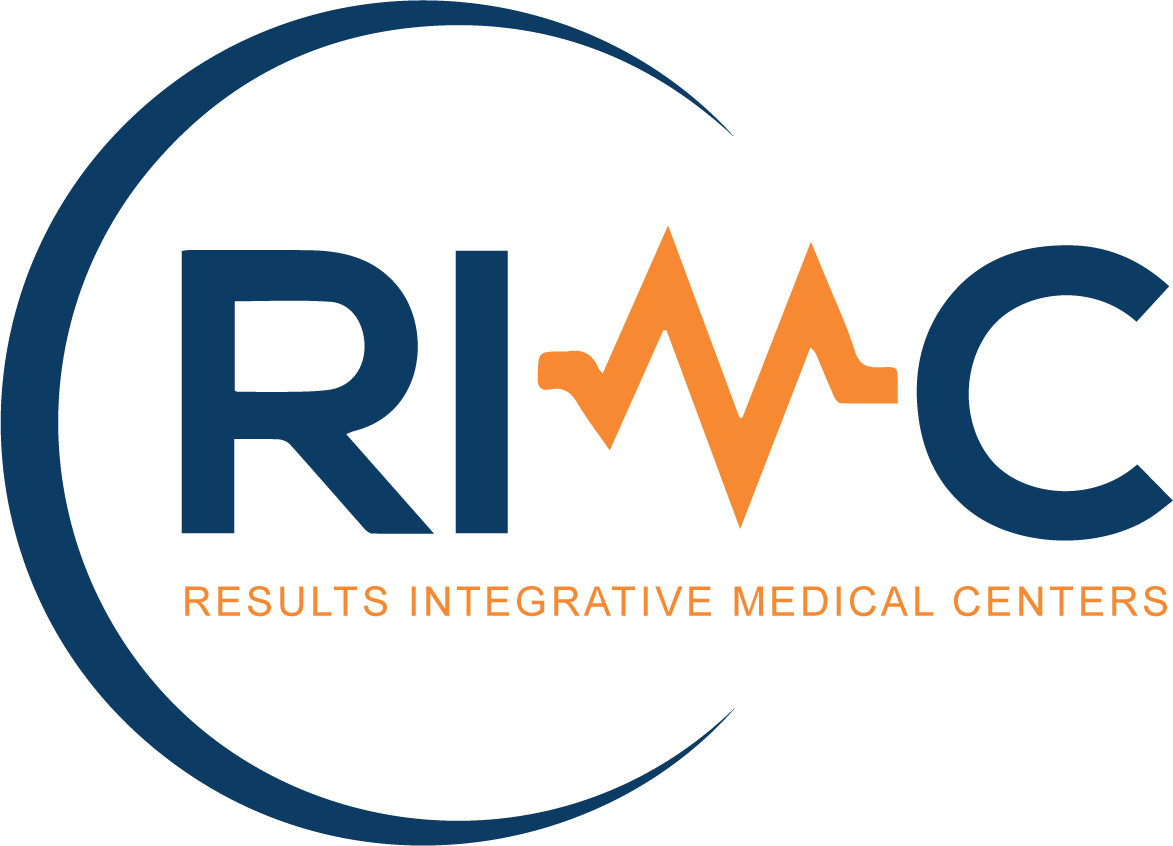Auto Injuries / Slip and Falls
Many people will seek out help after having an auto injury of a fall. A common auto injury, whiplash, occurs when the head and neck are whipped from back to front, similar to how a whip is cracked. The majority of car accidents are rear-end collisions with whiplash being a common result. Whiplash can also occur from other kinds of trauma, accidents, abuse, and falls. Many people in Clearwater who have been involved in an accident don’t even realize they have received a whiplash injury until weeks or months later when the problem becomes persistent and leads to other issues. If your neck has been injured in an accident or other incident, this article will you to understand if you have a whiplash injury and how our office can help you to treat it.
WHIPLASH IN CLEARWATER
When the neck is whipped from back to front during a car accident, while playing contact sports such as football, baseball, soccer and many other sports or occasionally from an assault or other physical trauma, a number of things can happen to the spine and surrounding soft tissue. Whiplash describes the initial impact, but the results can include:
- Disc bulges and herniation
- Subluxations (misalignment of the vertebrae in the spine),
- Injured bones in the spine,
- Irritated and damaged nerves
- Pulled ligaments and muscles in the neck
WHAT ARE THE SYMPTOMS OF WHIPLASH?
Whiplash injuries can range from mild to very severe. Injuries tend to be more significant when your headrest is positioned too low. If the impact was quite severe or the headrest was low there is the possibility that bones are broken or tissue is damaged. It is highly recommended that you see a health professional who has experience with these types of injuries. At our office you receive a thorough examination and x-rays both static and live motion. Even if the impact seemed mild, you may have whiplash if you are experiencing any of the following symptoms:
- Neck pain
- Shoulder, upper back, and arm pain
- Headaches
- Blurred vision
- Pain when turning the head
- Inability to move or turn the head fully
- Dizziness
- Tiredness
- Numbness or tingling in the arms, hands, and fingers
- Ringing in the ears
- Difficulty sleeping
- Depression


